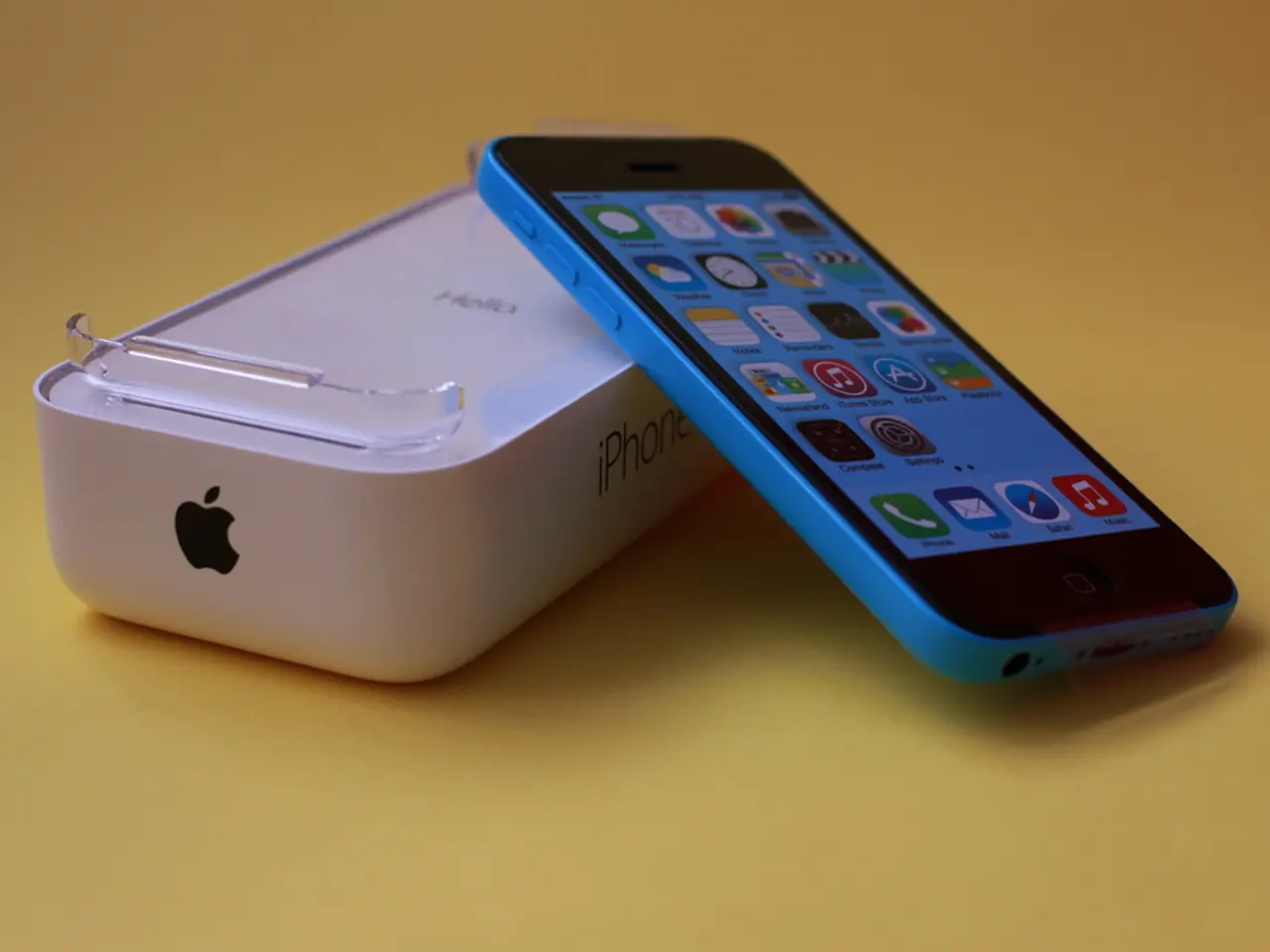iPhone's potential upcoming price increase, tariff-related or not
The Trump administration's tariffs on iPhones assembled outside the U.S., notably in China and India, are expected to push the price of the upcoming iPhone 17 up by around 4-6%, which translates to roughly $50 or more per device depending on the model and final tariff rates.
Apple is responding to these increased costs by diversifying and adjusting its supply chain. The tech giant is expanding manufacturing in India, a move aimed at reducing reliance on China, and negotiating cost reductions with suppliers of expensive components, such as OLED display panels from Samsung, LG, and BOE, to control overall production costs.
In addition, Apple is making substantial investments in U.S. manufacturing to mitigate tariff impacts and comply with the administration’s push for domestic production, totaling $600 billion.
While Apple has not directly attributed planned iPhone price increases to tariffs, the added costs are expected to be partially passed on to consumers, as seen in recent price hikes for the iPhone 16 series. The company's strategy aims to strike a balance, offsetting some increased tariff costs through supplier negotiations and supply chain shifts, while still preparing for moderated price increases on the iPhone 17.
The regular iPhone has been more susceptible to price fluctuations. The iPhone 8, for instance, was priced at $700 in 2017, and this continued up until the iPhone 11 in 2019. If implemented, the tariffs could potentially lead to increased costs for consumers and lower-level workers.
The iPhone 16 Pro Max model with 1 TB of SSD space might increase from $1,599 to $2,300, while the regular iPhone 16 might increase from $800 to $1,142. Shifting more production toward India takes time and money, and Apple might raise prices to cover tariff costs but could also absorb some costs itself.
It's worth noting that Apple's latest quarterly earnings report in January showed the company missed Wall Street's iPhone sales expectations, mostly from lagging sales in China. In January 2019, Apple CEO Tim Cook donated $1 million to the president's inauguration and was seated behind the president at the inauguration, among other billionaire tech oligarchs.
In 2018, Cook managed to sweet talk Trump into exempting his company's products from tariffs. However, the current tariffs are set to be in place by April 9 (unless there's a last-minute change). The tariffs on semiconductor makers could potentially affect iPhone prices, as India has a smaller tariff (26%) compared to China (54%).
In summary, while the tariffs elevate costs significantly, Apple's supply chain adjustments and supplier negotiations temper the extent to which these costs translate into consumer price hikes. The tech industry, including Apple, is bracing for price increases due to Trump Tariffs.
- Apple, in an attempt to combat rising costs due to tariffs, is diversifying its manufacturing to countries like India and negotiating cost reductions with suppliers of tech components, such as OLED display panels.
- As a result of the Trump administration's tariffs, the upcoming iPhone 17 may increase in price by around $50 or more per device, according to estimated increases.
- The technology industry, including Apple, is preparing for potential price increases due to the tariffs, but the company's strategies, like supply chain adjustments and supplier negotiations, are expected to mitigate the overall impact on consumers.




